Capstone Success: GEMBA 2022 Delivers Company-Changing Proposals
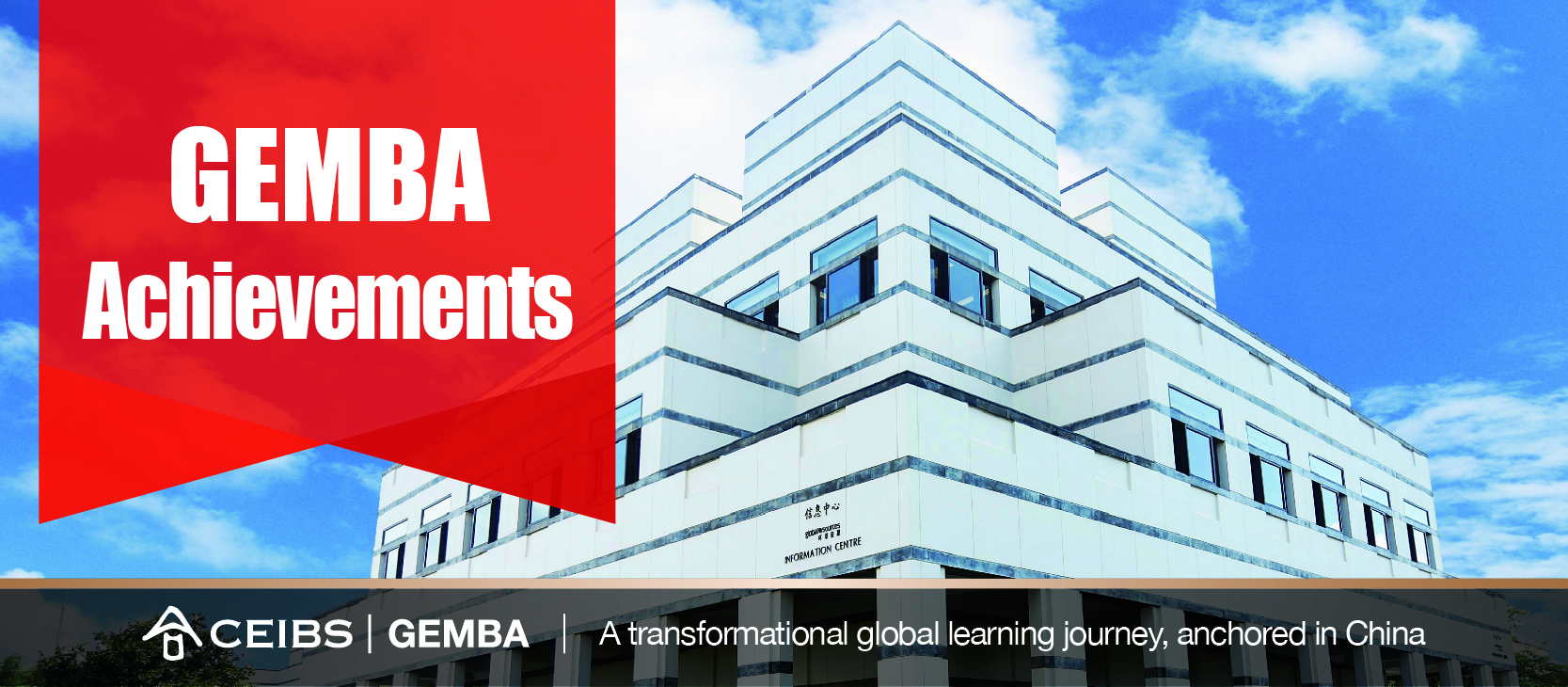
The Capstone Project is a definitive part of the CEIBS Global EMBA (GEMBA) experience for any student. It tests and stretches them as they put the theories, frameworks and broader knowledge they have gained during the programme into practice by solving the genuine business challenges of a real-world company. For the class of GEMBA 2022, this challenging one-year project is now at an end.
After completing the oral defence of their project – the final part of the process – the GEMBA 2022 cohort can finally breathe a sigh of relief, before looking back on everything they have learned and gained.
We take a brief look at the efforts of five groups, as an example of what the Capstone entails, how it challenges the participants, and how it benefits both the students and the companies sponsoring their projects.
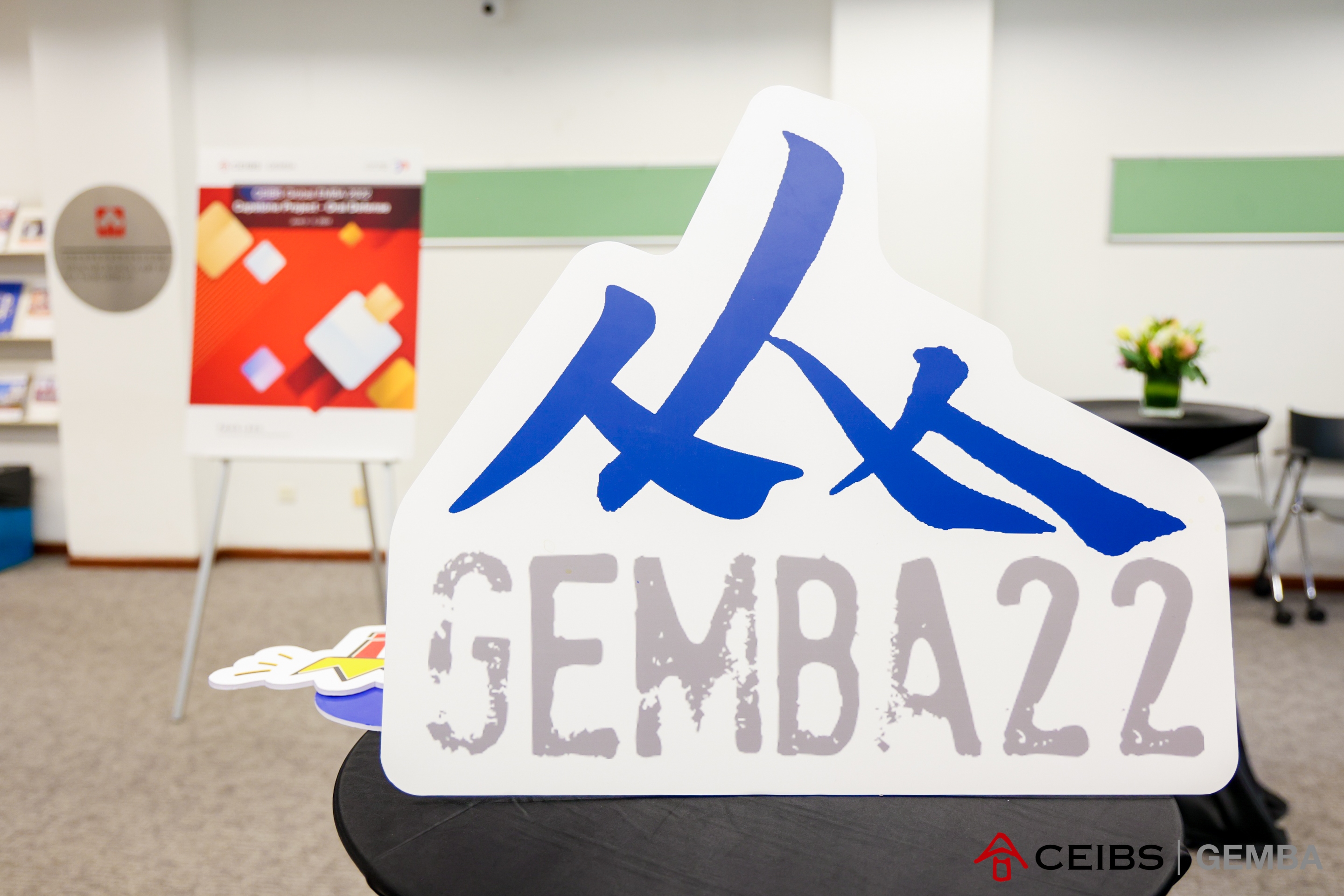
Olive Pomace = Business Promise
Project Sponsor Company: BioAlfa
Aim/Challenge: To introduce a novel “Olive-Fed” meat brand to the Chinese consumer market
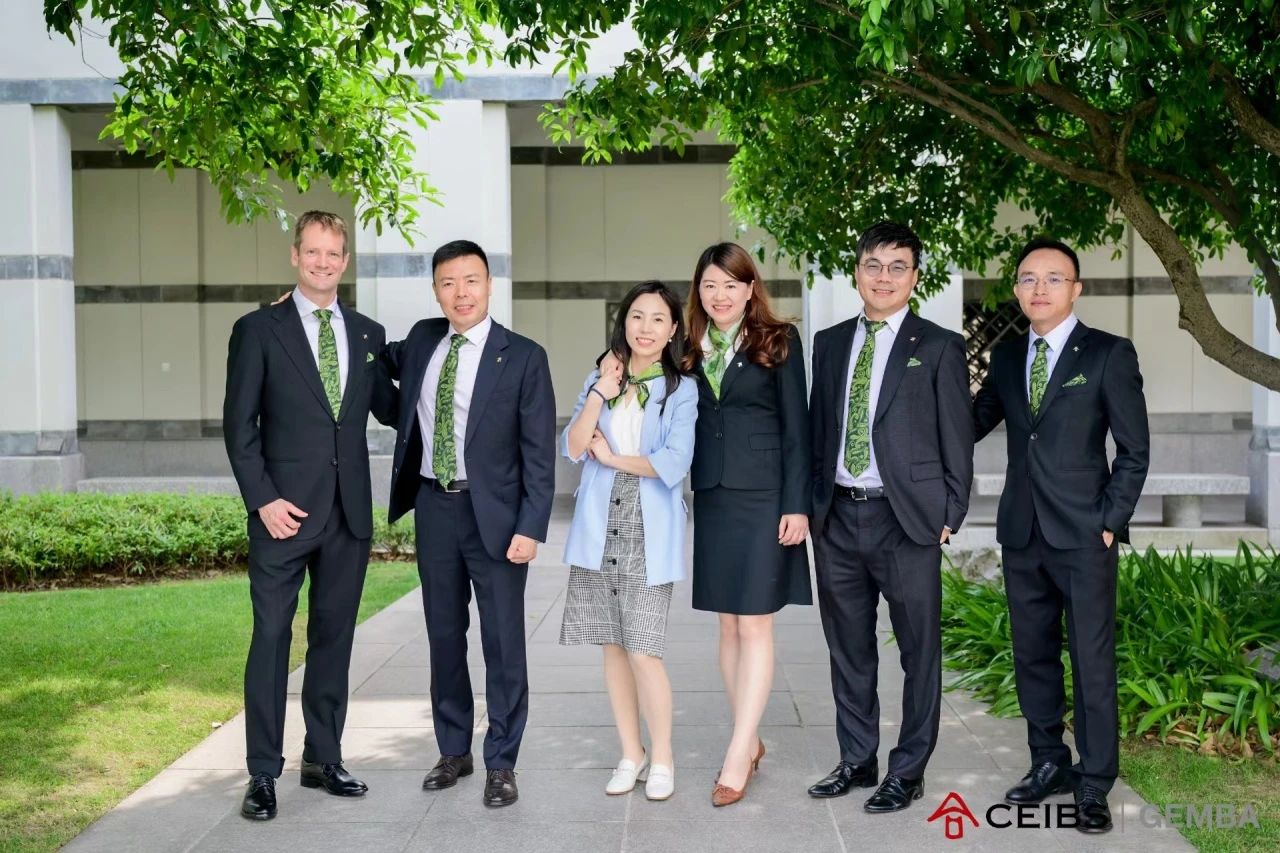
Overview: Capitalising on a significant opportunity to import olive pomace (leftover solids and liquids from the olive oil extraction process) from Spain to China, Leo’s Capstone team quickly realised the difficulty of trading in the animal feed business, given its limited profit margins and established competitors. They determined that BioAlfa could capture more value if it were to go beyond providing olive pomace as a feed ingredient by establishing a novel meat brand – the first of its kind in China. Highlighting the health benefits and rich taste of "Olive Fed" meat products, the team designed a marketing strategy and profit-sharing business model with selected farmers using olive pomace, to be sold under their newly created premium brand. The brand is in the trademark registration process and should be operational by early 2025.

Leo Chen
Co-founder of BioAlfa
Global EMBA 2022
We saw a huge opportunity, as nobody uses olive pomace in China, yet. Our team had the right mix of industry and marketing experience. Pivoting from commodity trading to brand building was difficult but that’s what Capstone is all about – developing solutions with an open mind and applying your research intelligently. We had the right people, the right product, the right opportunity; I’m just glad I got to work with the best teammates I could for this project.
A European Expansion with Cultural Compassion
Project Sponsor Company: Hubei Henglong Automotive Systems Group Co. Ltd (Henglong)
Aim/Challenge: To solve cultural problems while expanding into the European market
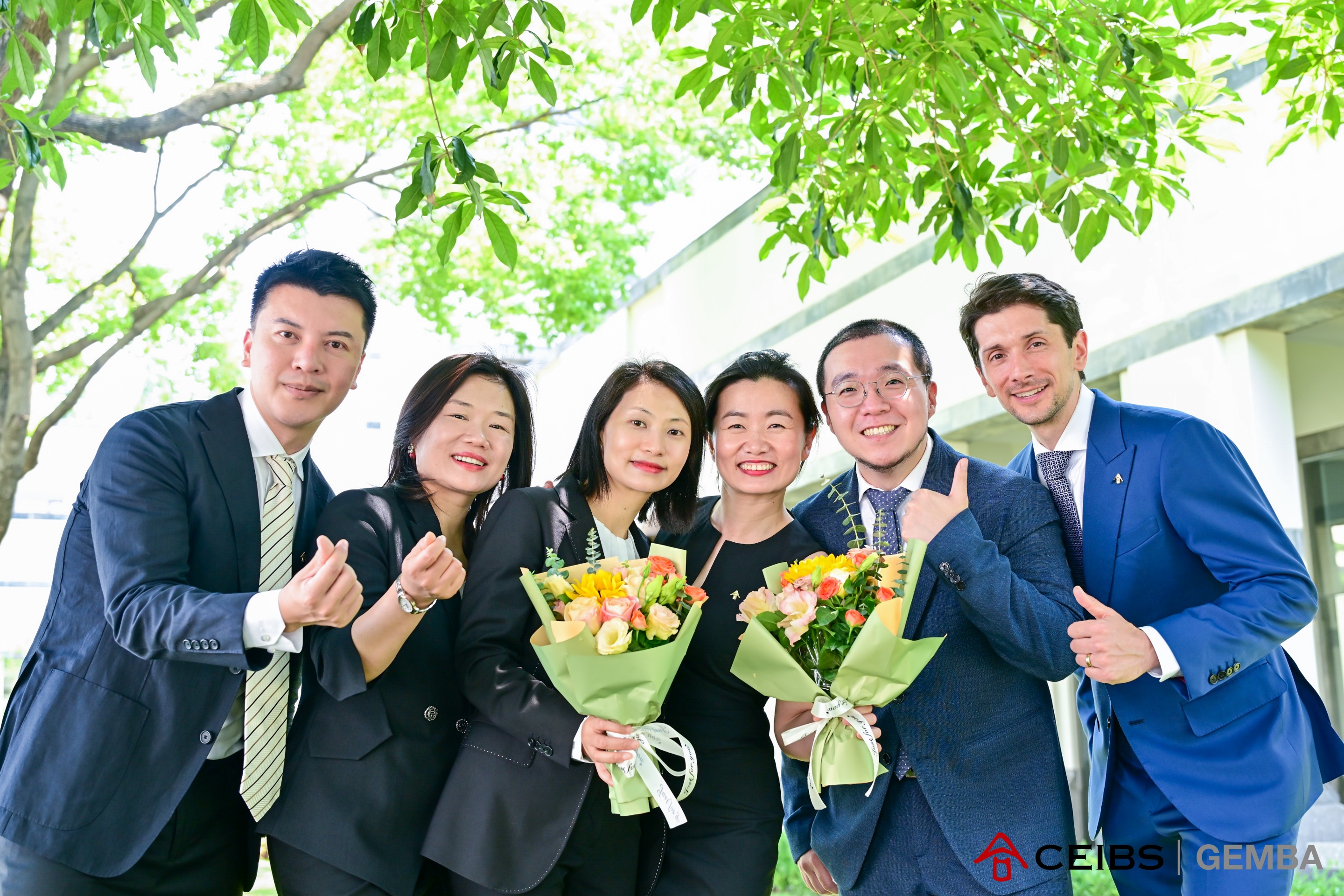
Overview: With a well-established brand and consumer base in China, Henglong is looking to push into new European markets that align well with its offering of advanced power steering systems. While Henglong is gearing up to diversify into said markets, the team recognised that potential miscommunications might threaten these efforts. They devised a series of recommendations to help the company overcome any cultural adaptation and integration barriers. These included bringing in new bilingual talents, making employee benefits packages more flexible and competitive, establishing more relevant performance evaluation metrics, and shaping a more culturally inclusive workplace culture.
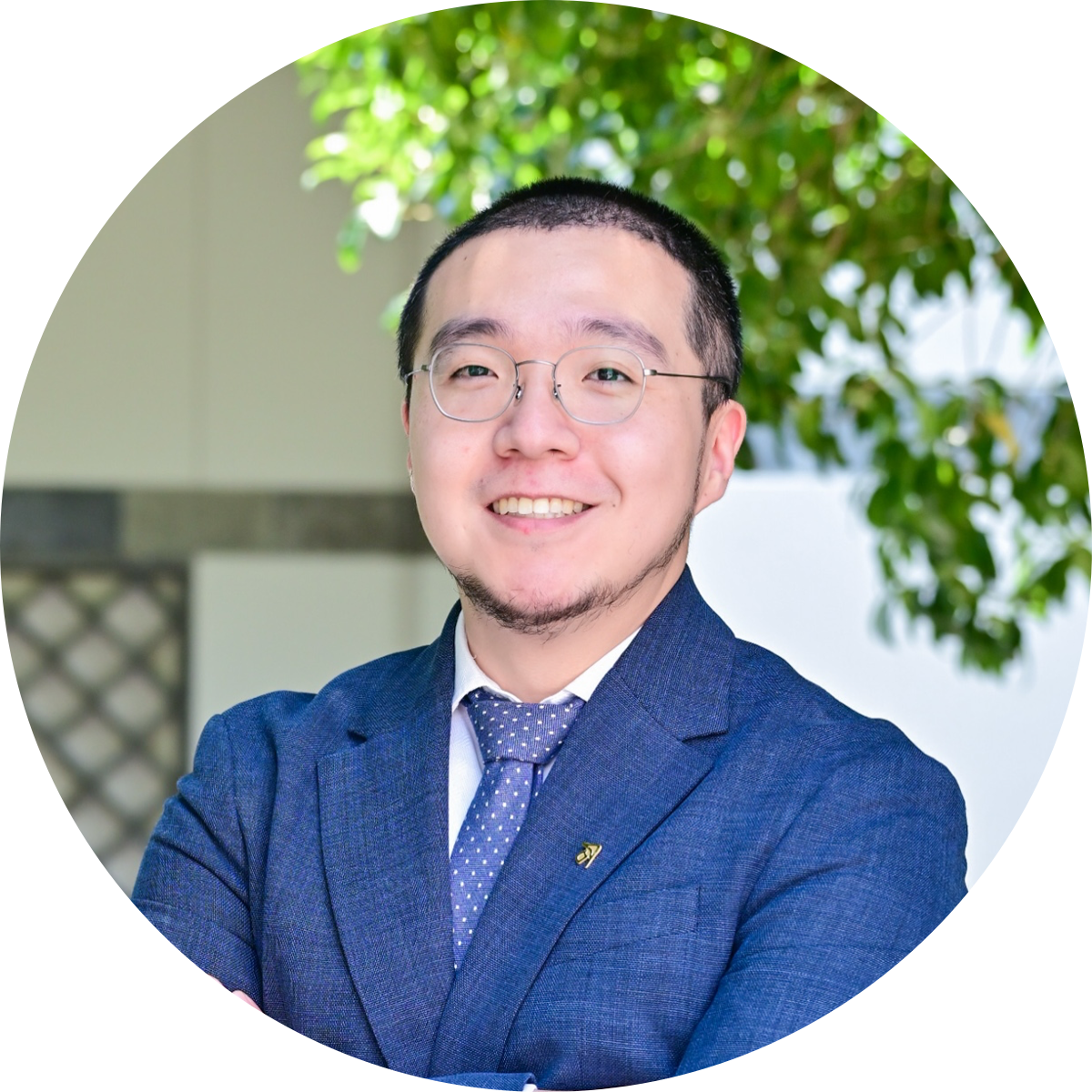
Henry Chen
Vice President, Hubei Henglong Automotive System Group
Global EMBA 2022
A lot of major Chinese companies are expanding overseas right now, and cultural integration is often an aspect that doesn’t receive as much attention and forward planning as it perhaps should. It’s a bigger obstacle than I thought it was initially. Projects like this are invaluable for providing companies’ top management with solutions or proposals they might never have otherwise considered.
Painting a Masterpiece in a Crowded Marketplace
Project Sponsor Company: Peter-Lacke
Aim/Challenge: To aid the next stage of the company’s growth in China in an increasingly competitive market
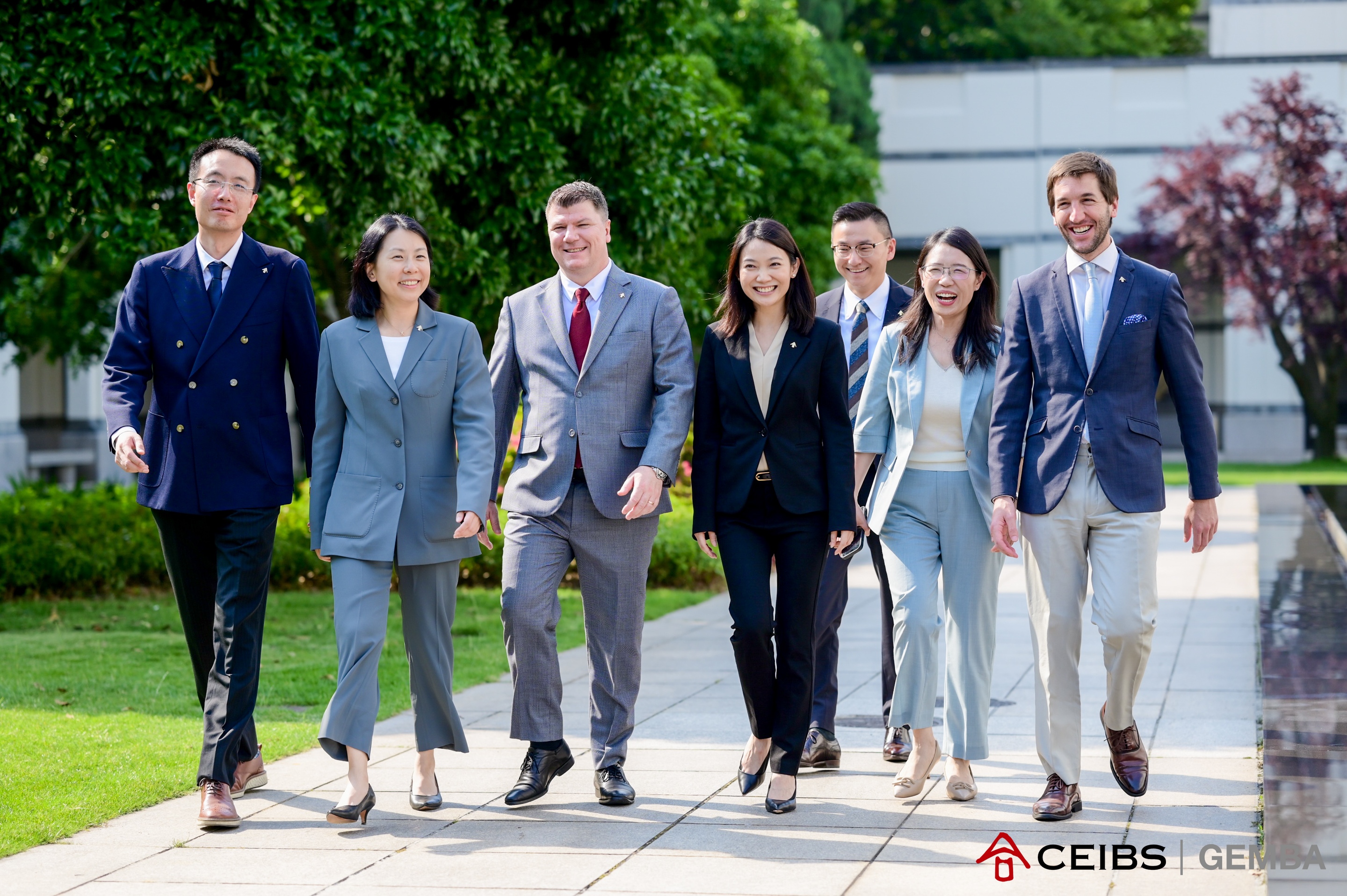
Overview: Peter-Lacke is a major German-headquartered MNC with a sizeable presence in the Chinese market providing coatings (paintwork) for industrial parts. However, the company is having its automotive market share squeezed by increasingly confident offerings from domestic Chinese OEMs. Fabien and his team assessed this rapidly evolving competitive landscape, creating solutions to help Peter-Lacke develop a new product line specifically targeted at Chinese OEMs, complete with a localisation strategy and phased growth stages.
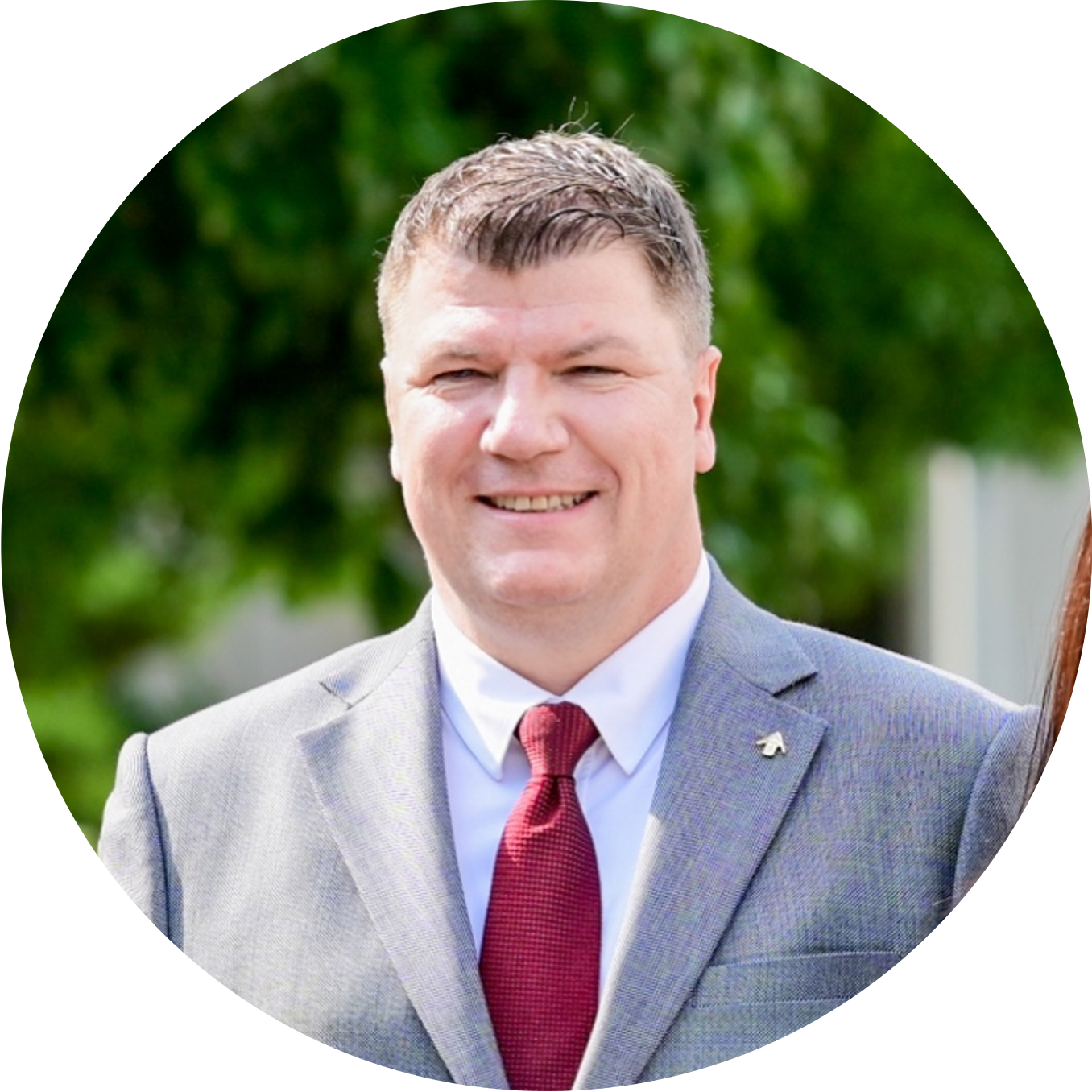
Fabien Dumont
VP Engineering, Autoliv China
Global EMBA 2022
The process was very smooth. However, finding consensus among the group on key decisions could be challenging, given that we were seven executives with equal say in the matter. For us, dividing into smaller groups helped us move forward and take much quicker decisions; It was a valuable exercise in getting the most out of highly competent, innovative people. Using our combined knowledge, our shared experience of the frameworks of GEMBA, led us to make proposals that are targeted and relevant to Peter-Lacke, but also replicable elsewhere.
A Matter of Motivation and Measurement
Project Sponsor Company: Oldenburger Shanghai
Aim/Challenge: To create a more relevant and motivating performance measurement system
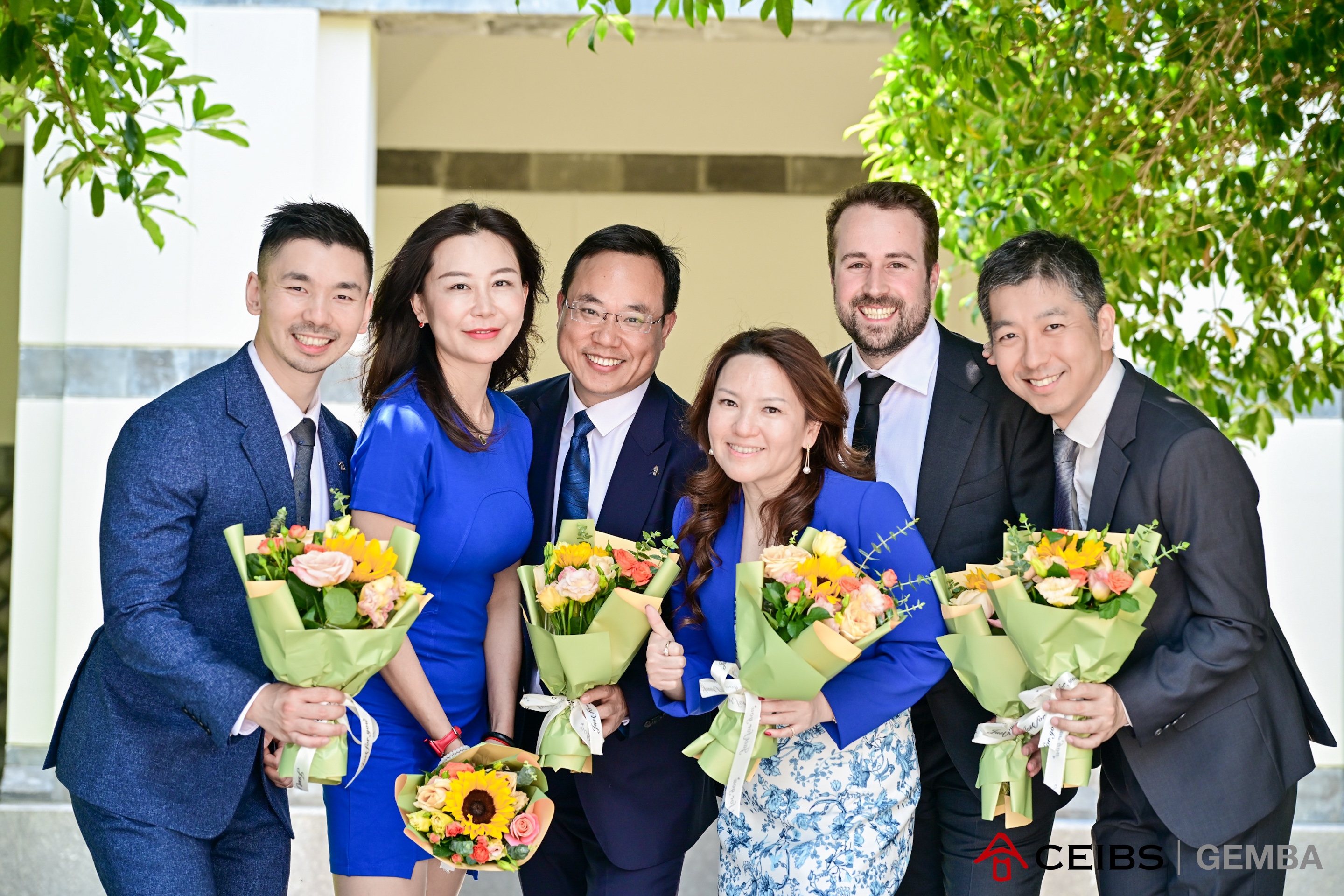
Overview: Chinese consumer preferences for home and workplace furniture are rapidly changing; they now expect quality to be paired with convenience, functionality, and environmental sustainability. Oldenburger Shanghai aims to combine German engineering with Chinese cost efficiency and innovation, but its workforce remained demotivated under a performance measurement system that neither picked up on errors nor properly rewarded employees for their diligent efforts. Jonas’ team comprehensively assessed and redesigned the system, radically altering the way Oldenburger measures and rewards individual and team-based success to better fit its long-term goals and priorities.
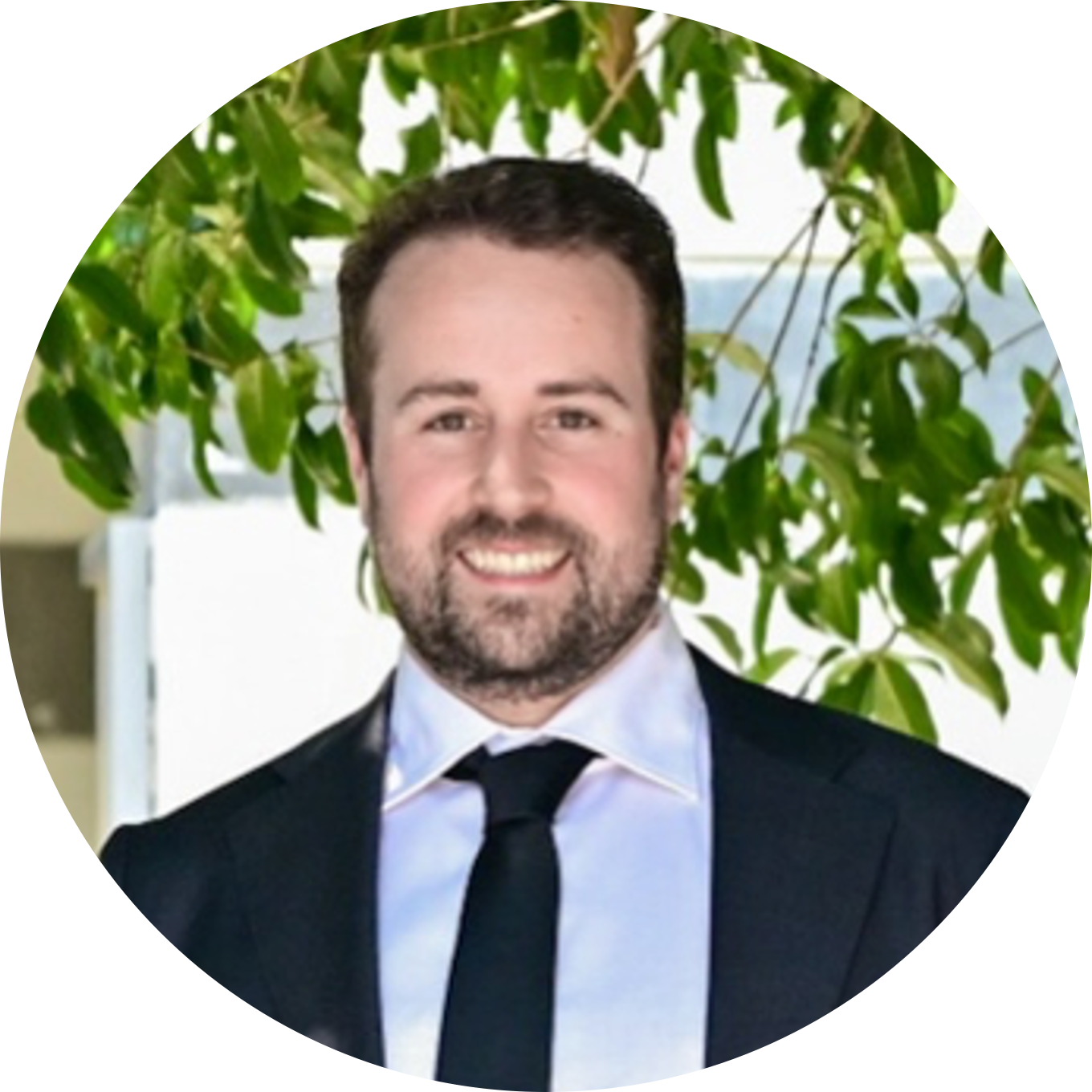
Jonas Kohns
Chief Operating Officer, Oldenburger Interior Products (Shanghai)
Global EMBA 2022
Capstone combines everything that we have learned throughout the learning journey at CEIBS GEMBA. It is very unusual that you get the chance to work so closely with people from so many other industries, all business leaders in their field. And they are sharing openly; they give you feedback transparently. There's no holding back on direct, challenging questions or decisions. That's why it was so valuable to me and to the company.
A Strategy for Style, Sustainability and Staying Power
Project Sponsor Company: GEMO
Aim/Challenge: To guide GEMO towards a successful market entry in China
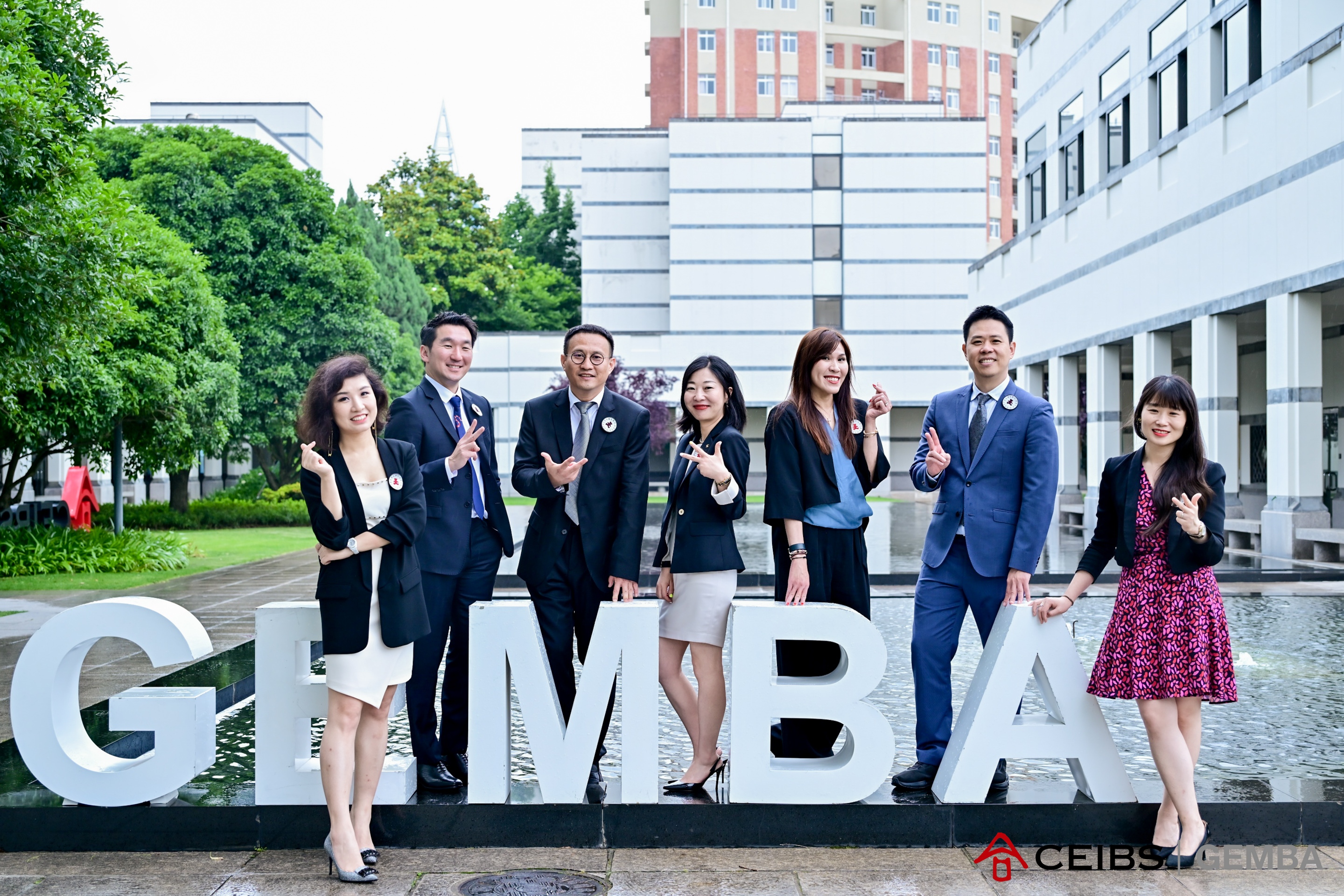
Overview: The Chinese market for children’s clothing is another space that is becoming increasingly competitive, with both domestic and international offerings vying for the all-important attention of Chinese parents. For GEMO, a European fashion retailer specialising in eco-friendly and stylish children's clothing, breaking into the China market represents an unmissable opportunity. Cathy and her Capstone team have laid the groundwork for this major move, providing GEMO with a business plan that accounts for local consumer behaviour patterns, Chinese regulatory factors, financing, marketing and supply chain considerations – in short, a comprehensive strategy to give the brand the best chance of making an impactful and sustainable market entrance.
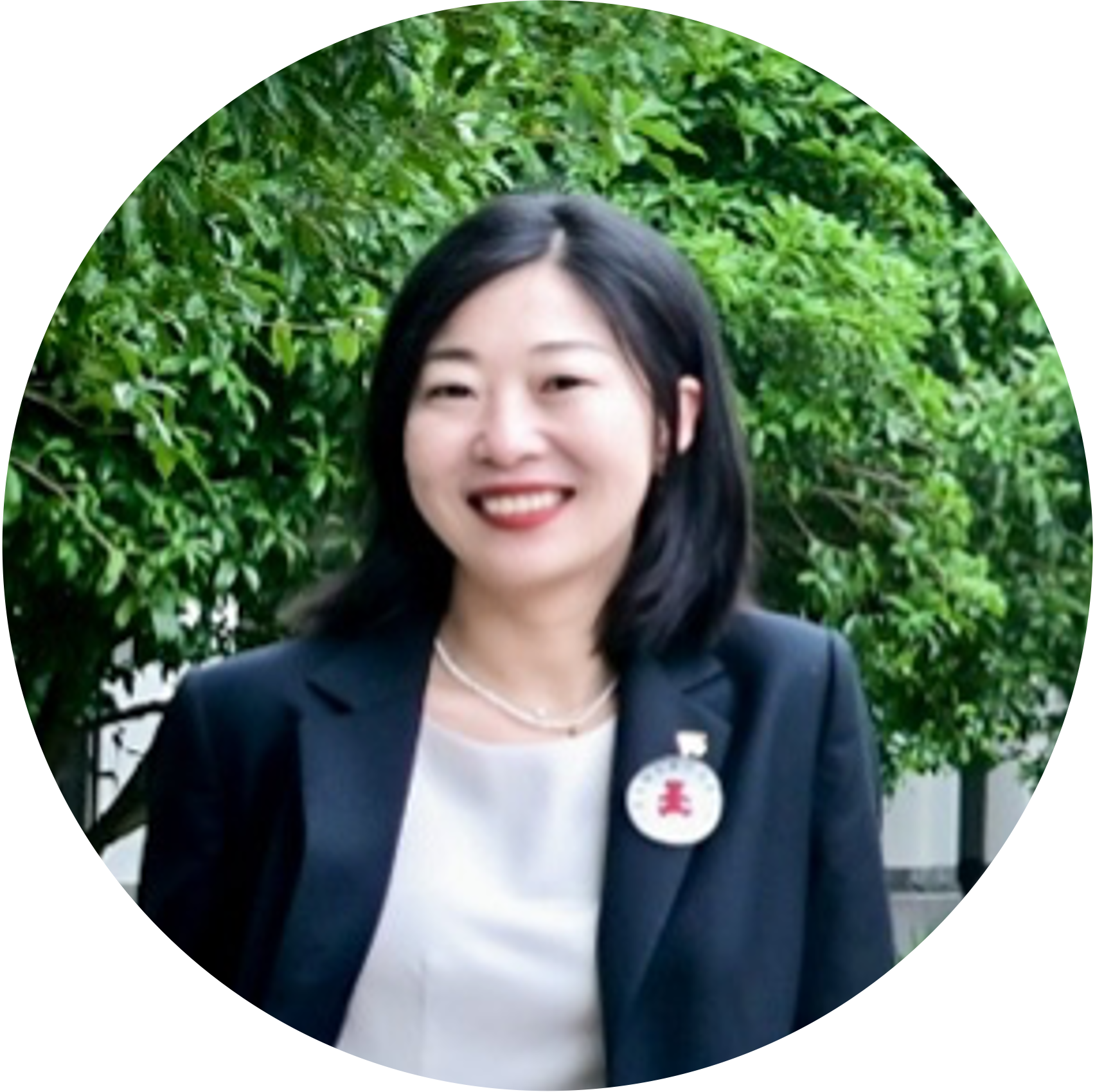
Cathy Chen
Category Director, Eram Asia
Global EMBA 2022
This project has significantly enhanced my strategic thinking, project management, and cross-cultural business skills. It will benefit my future career by demonstrating my ability to handle complex market entry strategies and collaborate effectively with a diverse team. For GEMO, the project provides a clear roadmap for successful expansion into a new and lucrative market.
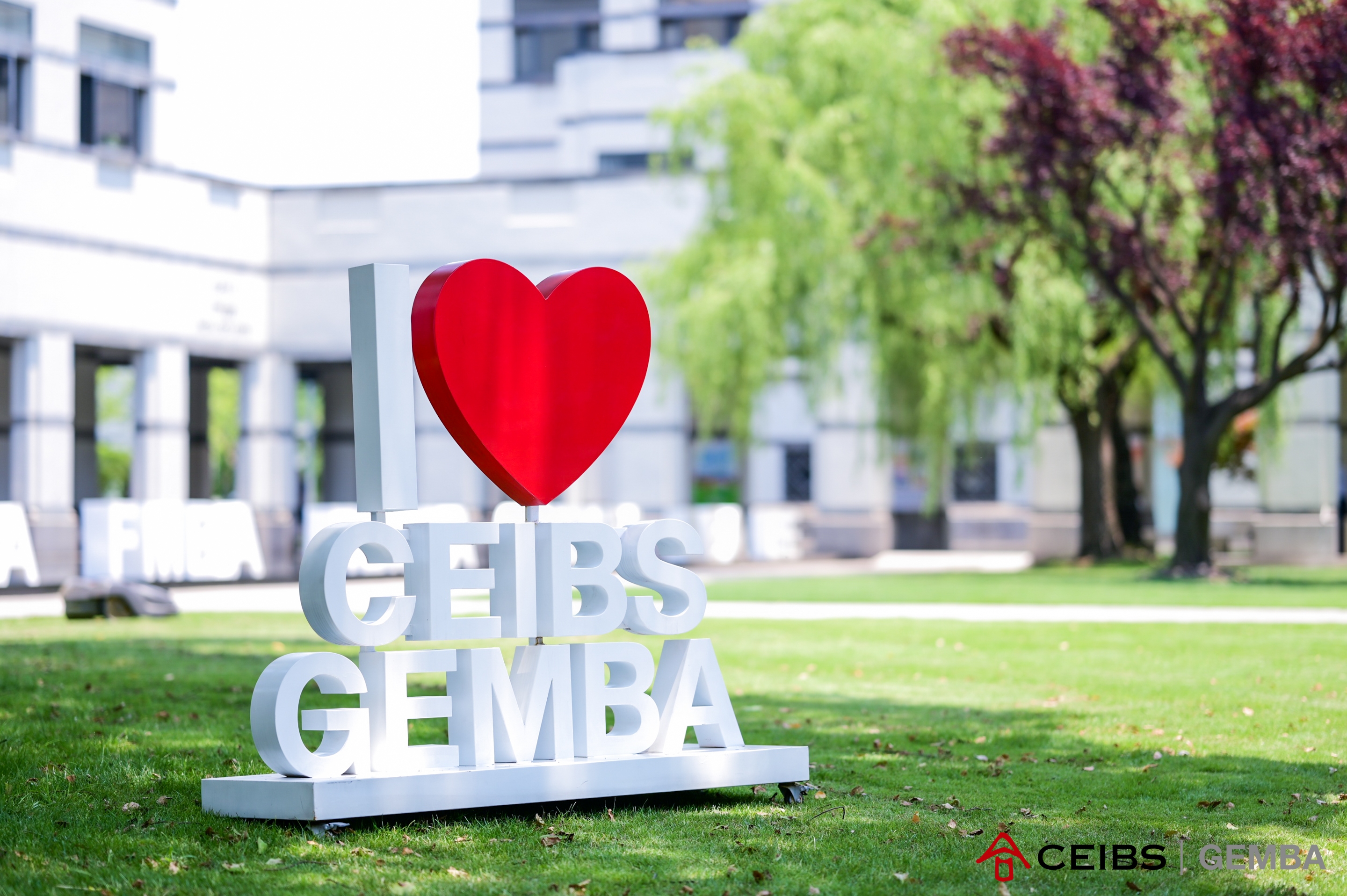
Professors’ Pitch in – Invaluable words of advice
Throughout their Capstone, each team is assigned a professor as their project mentor. Their role is to guide the group through the various stages of the years-long process, from formulating the initial scope of the project, to researching, drafting, polishing and ultimately completing the Capstone report.
This is a nuanced, almost delicate role to perform. Professors must help their Capstone group maintain its focus throughout 12 months, despite its members juggling high-pressure jobs, family commitments and their concurrent GEMBA studies. They must also ensure that each group member is making their fair contribution, and that no-one is shying away from playing their part. Professorial mentors must be a source of readily available support, without either applying too much pressure, or too much handholding.
This year, we hear from four such mentors from the CEIBS faculty. Each professor is well-versed in the needs and general nature of the Capstone project and its oral defence component. Each Capstone group has wisely chosen to heed their advice at every stage of their project.
So, pay attention, future GEMBA students and Capstone participants. These are pearls of wisdom you do not want to miss.

Prof. Shameen Prashantham
Professor of International Business and Strategy CEIBS
The way I put it to my students is: if you do exactly the same Capstone project that you would have done the day before the opening ceremony of GEMBA, then you have wasted your time and money. So, it's important to draw upon the formal academic frameworks that the students have been learning. I see the role of the academic advisor as being a sounding board to try to figure out what aspects of these frameworks can be usefully applied in the context of the project.

Professor Vivian Guo
Associate Professor of Strategy and Entrepreneurship, CEIBS
My advice for students is even though you may have a strategy in your mind at the outset, don't limit yourself. Really pay attention to where the evidence, the research, is taking you. Because any disconnect will make the project less useful. Focus on the “why”, the “what” and “how”. Why is the information telling us this? What does this information from the interviewees really mean? How can we best use it? Put your industry experience to one side and make yourself like an outsider. Act like a blank paper at the start, and then really focus on the evidence and the logic, to analyse the bigger questions. This will lead you to the right conclusions.
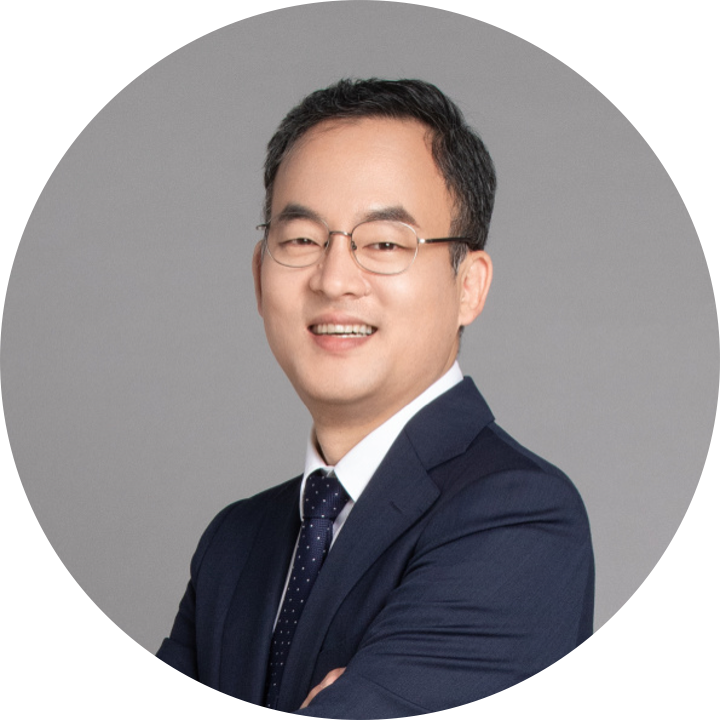
Professor Changhyun Kim
Assistant Professor of Strategy, CEIBS
Too many Capstone groups try to reach a conclusion first and then construct their report around it. Such an approach often fails. What I propose is this: explore first and discover how to maximise the benefit of your proposals. What you are looking for is research-driven and analysis-aligned recommendations, not siloed recommendations. So don’t set out to with a narrow goal in mind, such as minimising costs. Instead, just think about how to maximise the benefits you can bring.

Professor Eric Bouteiller
Adjunct Professor of Management, CEIBS
Communicate, a lot! Communicate with your professor, obviously. But also communicate among yourselves as much as possible. Really find the strengths and weaknesses of everybody within the group to build the project together. Share your feelings. If you feel you have a better way to support this or that, you must say it. Equally, if you don't understand something, if you are completely lost (because this can and does happen), you must let the others know. Sometimes, if students are lost, they can shy away from the process, and it’s on the mentor and the rest of the team to work together to bring them back. Open, honest and compassionate communication is essential to a successful Capstone, because it builds the necessary foundation of trust.
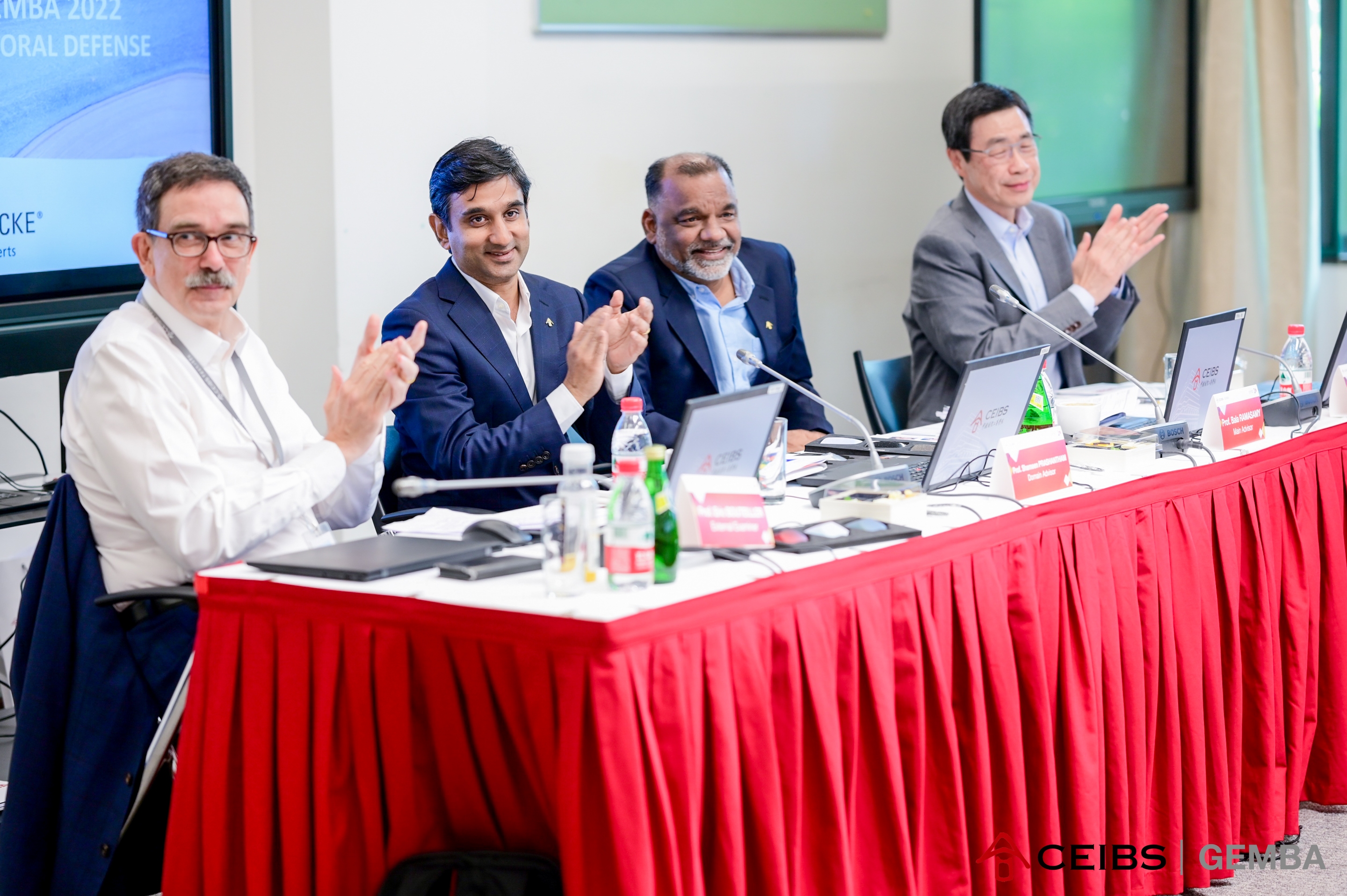
Congratulations to all the GEMBA 2022 Capstone teams who have successfully completed their projects and are awaiting their results. We wish you all the best of luck in the implementation stage of the proposals you have worked so hard to develop.












